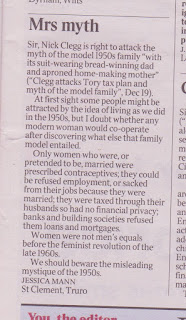I've just been reading an interesting interview with A. D. Miller whose first novel was a thriller shortlisted for the Booker prize. It was a
revolutionary
decision by the judges. Only three years ago,
the Chair of that year’s panel
had said, “Hell will freeze over before a crime novel makes the Booker Shortlist.” As a matter of fact in 1986 the Booker long-list included crime fiction by P.D.James, Ruth Rendell and me (for about a week I supposed it was a practical joke) but on the whole, ours
has always
been regarded as an inferior genre by the literary establishment. When I started reading it in the early 1950s I always felt
guilty about wasting time in which I could have been doing homework or at least reading “ important literature”. Who would have guessed then that the books of the decade that would still be read 50 and 60
years on would not be the serious, weighty
novels written by
authors with names nobody would know now and solemnly discussed in literary journals - but detective stories written by women like Agatha Christie and Ngaio Marsh.



